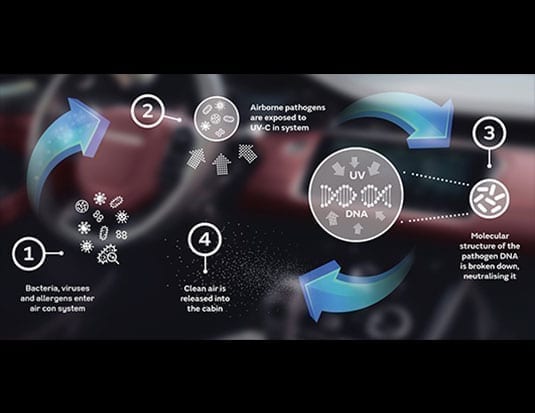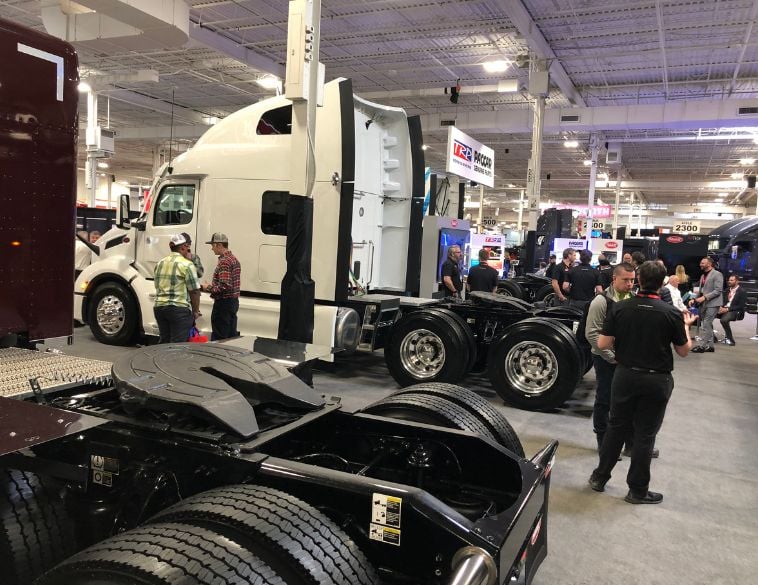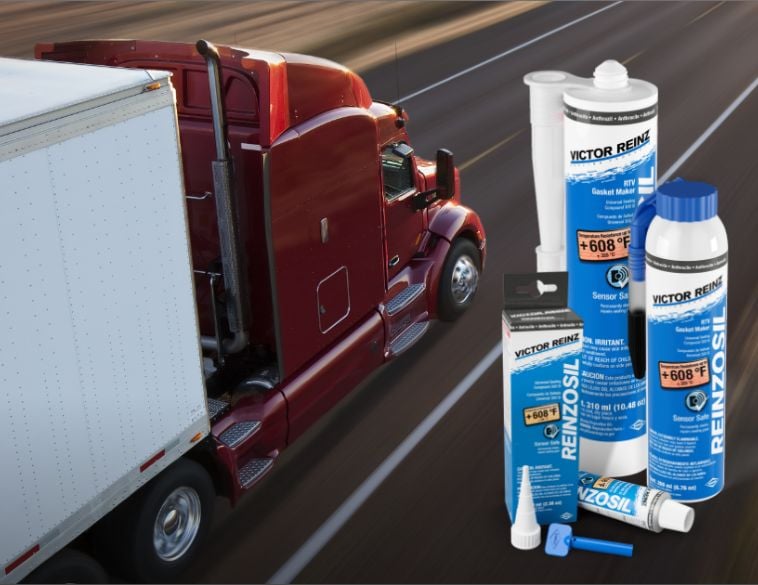Jaguar Land Rover says that it can help stop the spread of bacteria and harmful viruses by utilizing ultraviolet technology within future vehicles.
Future Jaguar Land Rover models can help to neutralize pathogens which cause infections, like the cold or flu, by using ultraviolet light technology (UV-C) borrowed from the medical industry, where it has been used for more than 70 years.
UV-C is currently used for disinfecting water, filtering air, and sterilizing surfaces by utilizing wavelengths of light between 200-280 nanometers. Now, this technology could help fight off drug-resistant superbugs, as recent medical trials suggest that the use of UV-C can reduce transmission of major superbugs by up to 30%.
“The average motorist spends as much as 300 hours per year behind the wheel. There is a clear opportunity to better utilize cars for administering preventative healthcare,” explains Dr. Steve Iley, Jaguar Land Rover Chief Medical Officer.
This notion can be achieved in four steps:
- Bacteria, viruses, and allergens enter the air conditioning systems;
- These airborne pathogens are then exposed to UV-C within the ventilation system;
- The UV-C breaks down the molecular structure of the pathogen DNA, neutralizing it; and
- Finally, clean air is released into the cabin
With the rise of shared mobility, connectivity and autonomous driving, Jaguar Land Rover is exploring driver and passenger wellbeing features as part of its vision to create a tranquil sanctuary inside its luxury vehicles.
The manufacturer is already trying to implement this new technology in its latest generation Heating, Ventilation and Air Conditioning (HVAC) systems, available across the range, including the all-electric Jaguar I-PACE and Range Rover Sport.
“The implementation of individual wellbeing measures as part of our ‘tranquil sanctuary’ research promises to not only improve quality of life for our customers but in this case, offers clear advantages in reducing pathogen spread – protecting the overall population from the threat of disease; particularly as we move towards shared mobility solutions.”
The current Four-zone Climate Control and Cabin Air Ionization system works by using high voltage to create negatively charged particles (ions) coated in water molecules, which then deactivate pathogens, form larger particles and are then removed from the air with the air filter. These ions also help with eliminating odour molecules and allergens.
“In the colder months, infections are spread more easily. It’s reassuring to know that in your car at least, you can be confident that harmful pathogens are being neutralized,” says Dr. Iley.



